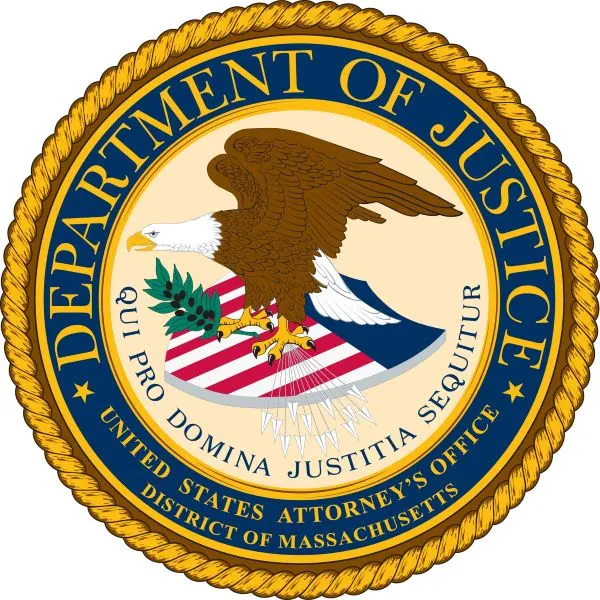New York Healthcare Executive Caught in Multimillion Dollar Medicare Fraud Scheme
Fraudulent brain scan referrals led to millions in Medicare payouts under false pretenses
High-Level Healthcare Executive Pleads Guilty in Federal Court
A former high-ranking executive in the mobile medical diagnostics industry has pleaded guilty in a Boston federal courtroom for his role in orchestrating a large-scale healthcare fraud scheme that cost Medicare tens of millions of dollars. James Rausch, 57, of Port Jefferson Station, New York, admitted to participating in a criminal conspiracy that spanned more than five years and centered around illegal payments to doctors in exchange for medically unnecessary brain scans.
Rausch served as director of operations and sales for the Northeast region of a mobile diagnostic company. His guilty plea, entered before a U.S. District Court judge, comes just weeks after formal charges were brought in May 2025. Sentencing is scheduled for July 10, 2025.
Behind the Scheme Paying Doctors for Referrals
Between March 2015 and September 2020, Rausch and other company managers devised a method to increase orders for transcranial doppler (TCD) scans—a non-invasive test that measures blood flow in the brain—by offering kickbacks to medical professionals.
Doctors were compensated based on the number of scans they ordered, a clear violation of anti-kickback laws designed to protect the integrity of federally funded healthcare programs. Some payments were made in cash, others through checks disguised as part of contractual agreements.
To mask the illegal nature of these transactions, Rausch and his co-conspirators drafted false rental and administrative service agreements. These documents suggested that physicians were being paid based on fair market values for using their office space and administrative resources, rather than for patient referrals. In reality, these agreements served as cover for paying physicians per test ordered.
Fraudulent Claims Totaled Over $70 Million
The impact of the scheme was staggering. Authorities estimate that fraudulent claims submitted to Medicare as part of the conspiracy totaled approximately $70.6 million. Out of these, Medicare paid nearly $27.2 million, essentially funding a fraudulent operation that misused federal healthcare dollars meant for genuine patient care.
Legal Consequences and Federal Sentencing Guidelines
Rausch’s guilty plea to conspiracy to violate the Anti-Kickback Statute could result in significant prison time. Under current federal sentencing guidelines, the charge carries a potential penalty of up to five years in prison, along with three years of supervised release and a fine of up to $250,000.
Final sentencing decisions will rest with the judge, who will weigh various factors including the U.S. Sentencing Guidelines and statutes applicable to healthcare fraud.
Broader Implications for Medicare Fraud Enforcement
The case highlights ongoing efforts by federal agencies to crack down on fraudulent medical practices that exploit Medicare. Transcranial doppler scans are valuable diagnostic tools when used appropriately. However, using them to generate revenue through bribery and false claims undermines trust in the healthcare system and diverts resources from patients who genuinely need care.
Investigators from multiple agencies, including the Department of Health and Human Services, the FBI, IRS Criminal Investigation Division, and others, collaborated in building the case that brought Rausch and his co-conspirators to justice. Their coordinated work emphasizes the government’s commitment to protecting taxpayer-funded programs from abuse.
Ongoing Prosecution and Accountability
Prosecutors are continuing their investigation into others involved in the conspiracy. The mobile diagnostics company at the center of the scheme, whose name has not been disclosed publicly, was used as a vehicle to facilitate the illegal operation across multiple states in the Northeast.
This prosecution sends a clear message that healthcare professionals and executives who engage in kickbacks and fraudulent billing will face consequences. The misuse of medical procedures for profit not only costs taxpayers millions but also threatens patient safety by encouraging unnecessary tests.
As sentencing approaches, all eyes will be on the court’s final decision and whether it will serve as a sufficient deterrent for future fraud in the healthcare sector.

COMMENTS (0)
Sign in to join the conversation
LOGIN TO COMMENT